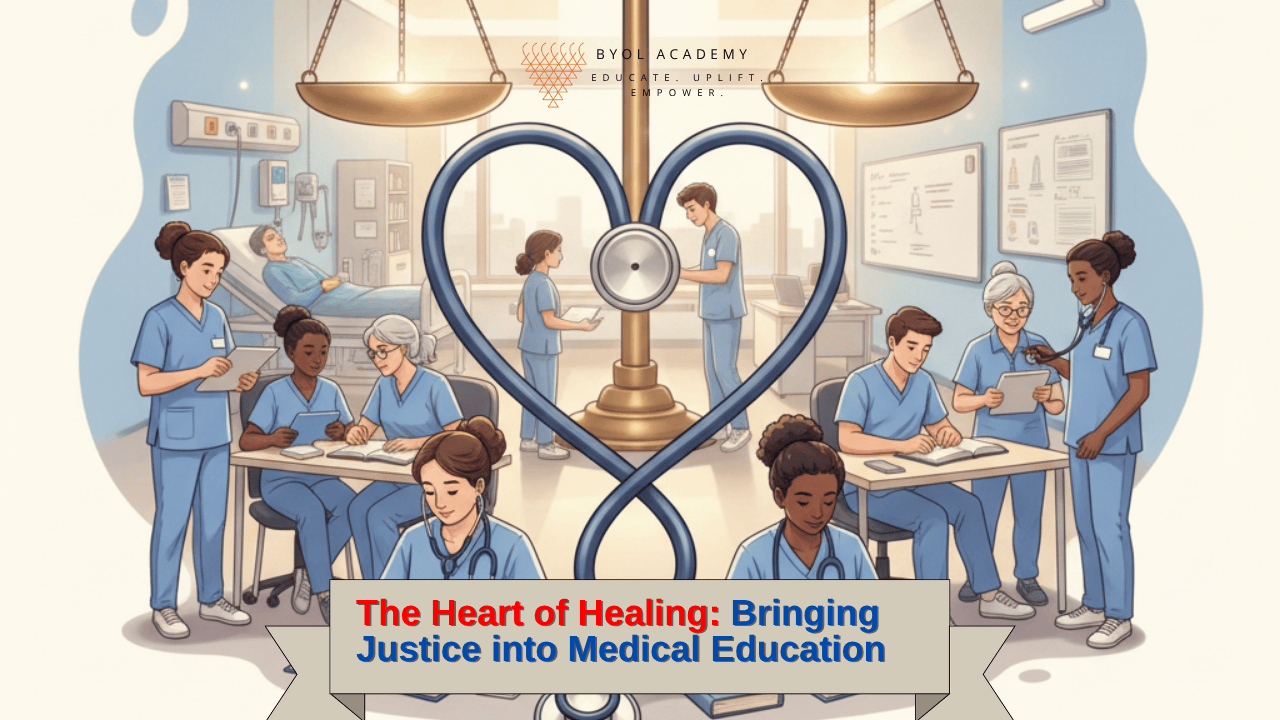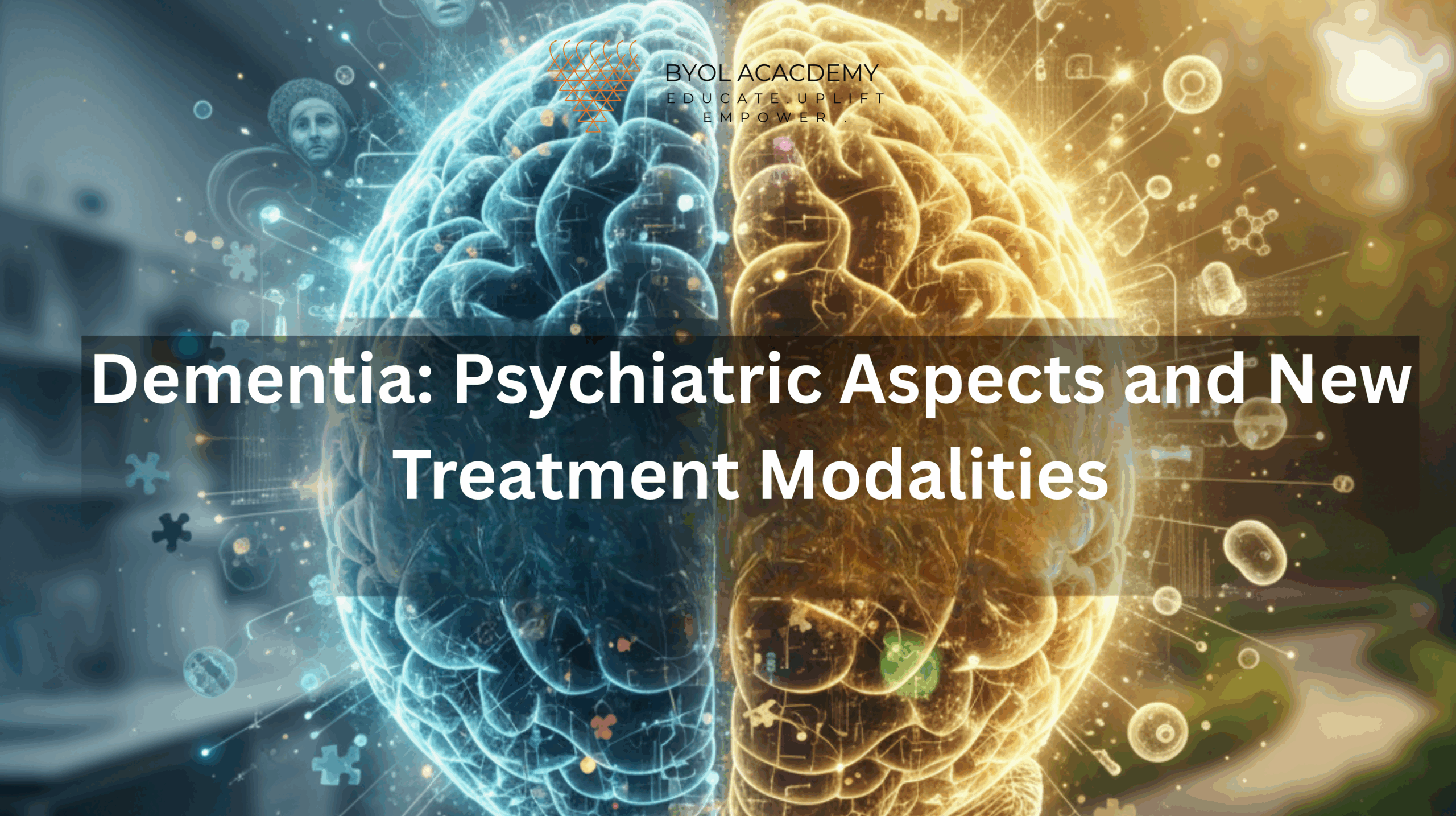In the world of medicine, timing can mean everything – especially in cancer detection. Imagine a powerful tool that doesn’t […]
The Heart of Healing: Bringing Justice into Medical Education

Building a Future Where Care Meets Equity
The role of a health professional has never been limited to diagnosing illness or prescribing treatment. In the modern world, the true healer must also understand the social roots of disease- poverty, prejudice, and inequality. This recognition has led to a powerful global movement: embedding social justice into health professions education.
By integrating equity into the curriculum, medical institutions are preparing a new generation of professionals who are not only scientifically competent, but also socially conscious.
Decolonising Medical Education: A Global Imperative
Central to this transformation is the decolonisation of medical education an approach that interrogates whose knowledge, experiences, and voices shape the health curriculum. For centuries, Western biomedical models have dominated healthcare training, often excluding Indigenous, Global South, and non-Western health systems.
Decolonising education means more than adding diverse content, it involves rebalancing power in how medical knowledge is created and shared. This includes:
- Diversifying curricula and reading lists to include scholarship from underrepresented regions and authors.
- Critically analysing colonial legacies in medicine and public health.
- Incorporating Indigenous and Global South health knowledge systems that emphasize community, spirituality, and environmental harmony.
- Examining the socio-political context of medical education and the inequalities it can perpetuate.
Through these steps, decolonisation challenges embedded inequities while celebrating the global plurality of healing traditions and perspectives.
Embedding Social Justice in the Curriculum
A socially just health education moves beyond inclusion “it reshapes both what and how we teach”. Educators worldwide are experimenting with curricular innovations that integrate equity, anti-racism, and structural competence into clinical training.
Examples include:
- Service learning and community engagement, where students work with marginalized populations to co-design health initiatives.
- Student-led advocacy and activism, addressing inequities faced by learners and patients alike.
- Reflective and discussion-based learning, creating brave spaces for difficult conversations about race, privilege, and power.
- Policy-focused modules, helping students understand how laws, resource distribution, and global politics shape health outcomes.
These approaches prepare future professionals not only to deliver care, but also to question and improve the systems that produce inequitable care.
Challenging Exclusion and Bias in Health Education
Health professions education itself is not immune to inequity. Persistent issues such as student exclusion, awarding gaps, bias in clinical assessment, and unequal access to opportunity mirror the very inequities healthcare seeks to resolve.
Efforts to address these challenges include:
- Equity, diversity, and inclusion (EDI) strategies that widen participation in medical training.
- Bias-reduction training for assessors and clinical supervisors.
- Institutional reforms that create inclusive learning environments for both students and staff.
- Evaluation of interventions designed to improve fairness in teaching and assessment.
By tackling inequities within education itself, institutions can model the justice and accountability they hope to see in healthcare delivery.
Global Collaboration and Community Partnership
Social justice in health professions education is not a local issue it’s a global movement. The inclusion of Global South perspectives ensures that reform efforts reflect diverse realities rather than one-size-fits-all solutions.
Community–academic partnerships are vital in this work. Co-designing curricula with patients, community leaders, and grassroots health advocates can make education socially responsive and contextually grounded. When communities help shape how health is taught, education becomes a tool for empowerment rather than hierarchy.
Technology and the Future of Equitable Learning
Emerging technologies also hold promise for advancing equity. Digital learning tools, virtual exchanges, and simulation-based training can expand access to quality education and amplify underrepresented voices. However, this potential will only be realized if technology is applied ethically and inclusively, ensuring that digital divides do not deepen existing disparities.
Toward a Fairer, Decolonised Health Education System
Reimagining health professions education through the lenses of social justice and decolonisation is both an ethical and practical necessity. By interrogating power structures, diversifying curricula, and creating inclusive learning environments, educators can cultivate a new generation of health professionals those equipped to advocate for fairness, challenge inequity, and deliver care that reflects humanity in its fullest diversity.
The path to equitable healthcare begins in the classroom. And by transforming education today, we shape a healthier, more just world tomorrow.
References
- Kumagai, A. K., & Lypson, M. L. (2009). Beyond cultural competence: Critical consciousness, social justice, and multicultural education. Academic Medicine, 84(6), 782–787.
- Tervalon, M., & Murray-García, J. (1998). Cultural humility versus cultural competence: A critical distinction in defining physician training outcomes. Journal of Health Care for the Poor and Underserved, 9(2), 117–125.
- Metzl, J. M., & Hansen, H. (2014). Structural competency: Theorizing a new medical engagement with stigma and inequality. Social Science & Medicine, 103, 126–133.
- Beagan, B. L. (2015). Approaches to social justice in medical education: Models and practical considerations. Medical Education, 49(6), 593–602.
- Khan, T., & Shroff, F. M. (2022). Decolonizing health professions education: A global imperative. BMJ Global Health, 7(9), e009102.
- Curtis, E., Jones, R., Tipene-Leach, D., Walker, C., Loring, B., Paine, S. J., & Reid, P. (2019). Why cultural safety rather than cultural competency is required to achieve health equity: A literature review and recommended definition. International Journal for Equity in Health, 18(1), 174.


